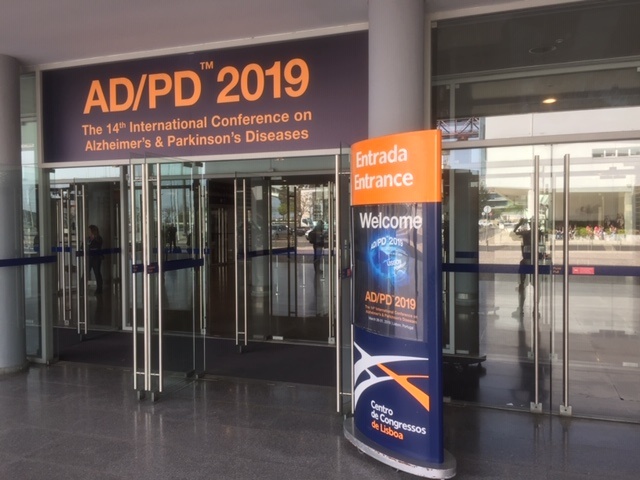
Choose a channel
Check out the different Progress in Mind content channels.

Progress in Mind

Recent phase 3 trials in Alzheimer’s Disease teach us how to improve selection of patients so that we are more likely to detect signals of efficacy. Other lessons learned are that biomarkers have their limitations, and that successful intervention is likely to involve a combination of therapies that varies with stage of disease.
With news that another two phase 3 trials in Alzheimer’s Disease stood little chance of meeting their endpoints and have been abandoned, it might have been difficult to resist a sense of gloom. But Rachelle Doody (Roche/Genentech, Basel, Switzerland) focused on the positive in her opening plenary at AD/PD 2019.
We all know we are not where we want to be in the treatment of AD, she admitted. But we should not ignore the fact that we have learned a lot about how to select patients to improve the chances of detecting a positive signal. That is one thing that has worked. Another thing that works is collaborate and exchange ideas that will lay the foundations for a further round of clinical trials.
Meetings like AD/PD lay the groundwork for further trials
Efforts to use disease biomarkers from phase 2 trials as surrogates for efficacy have had mixed results. We have learned that biomarker changes in early studies showing dose-dependent reductions in plasma or CSF concentrations of amyloid beta, for example, are not in themselves sufficient to support phase 3 trials.
The markers are of disease pathology, and not directly related to cognitive outcomes. Patients with the same level of marker may respond differently to treatment; and changes in the various markers – such as CSF tau and tau imaging – may not co-vary.
Another example is neurofilament light, NFL, a marker that may change in response to acute inflammation, or cardiac events, as well as the chronic process of neurodegeneration, and may be unreliable as a marker of progression in AD.
However, biomarkers may be more helpful in patient selection and in providing evidence of target engagement, Dr Doody suggested.
Pace of progression can be predicted by preceding rates of decline, improving the chances of showing superiority over placebo
One problem experienced in clinical trials is that many patients assigned to placebo show only slow cognitive decline. Around 25% experience less than a one point decline on ADAS-cog over 18 months. Placebo patients also show increasing variability in scores as follow-up lengthens. For both reasons, it may be more difficult than we had assumed to show the benefit of a modestly effective intervention.
A drug with greater efficacy would solve the problem, of course. So too would increasing the number of patients enrolled in the trial. But a more practical solution is to recruit people who will show rapid deterioration.
This can be achieved by including those who have already shown a fast rate of decline. A model based on the database of the Alzheimer’s Disease Neuroimaging Initiative shows that fast progression and conversion from mild cognitive impairment to AD can be predicted based on baseline Clinical Dementia Rating -- Sum of Boxes score, Functional Activities Questionnaire, and hippocampal volume.1
Risk factors identified from epidemiology have not translated into treatments but do inform prevention
Insights from epidemiology have also proved an uncertain guide. We know from drug trials that targeting high levels of cholesterol and insulin, or low levels of estrogen, does not benefit people who already have AD. That said, in people who are at high risk of developing the disease but have normal cognition, there may be benefit in multidimensional intervention.
The FINGER study provided evidence that addressing metabolic and vascular risk factors such as diet and exercise – plus cognitive training – reduces cognitive decline over two years.2 Executive function, processing speed and memory were superior in the intervention group. So too was health-related quality of life. However, only longer follow-up will show whether this comprehensive intervention delays onset of dementia.
It is almost certain that the effective management of AD will require the combination of treatments and brain protection strategies – which may include modulating the activity of the microglia. And it is also almost certain that the optimum approach will differ with each stage of the disease.
Speaking earlier in the opening session, Roger Nitsch (University of Zurich, Switzerland) said that we all know how hard it is to develop drugs for diseases as intractable and merciless as Alzheimer’s and Parkinson’s. Yet we regroup and press on.
We are all engaged in putting together small parts of a very large puzzle said Manfred Windisch (Grambach, Austria), a joint organizer of the meeting.
Our correspondent’s highlights from the symposium are meant as a fair representation of the scientific content presented. The views and opinions expressed on this page do not necessarily reflect those of Lundbeck.